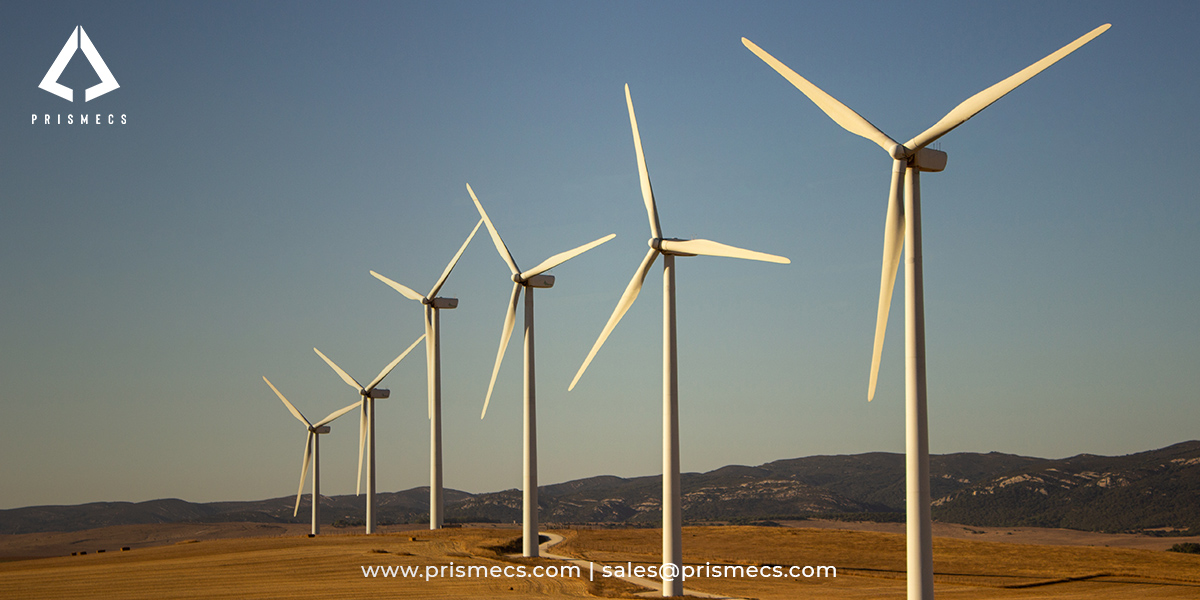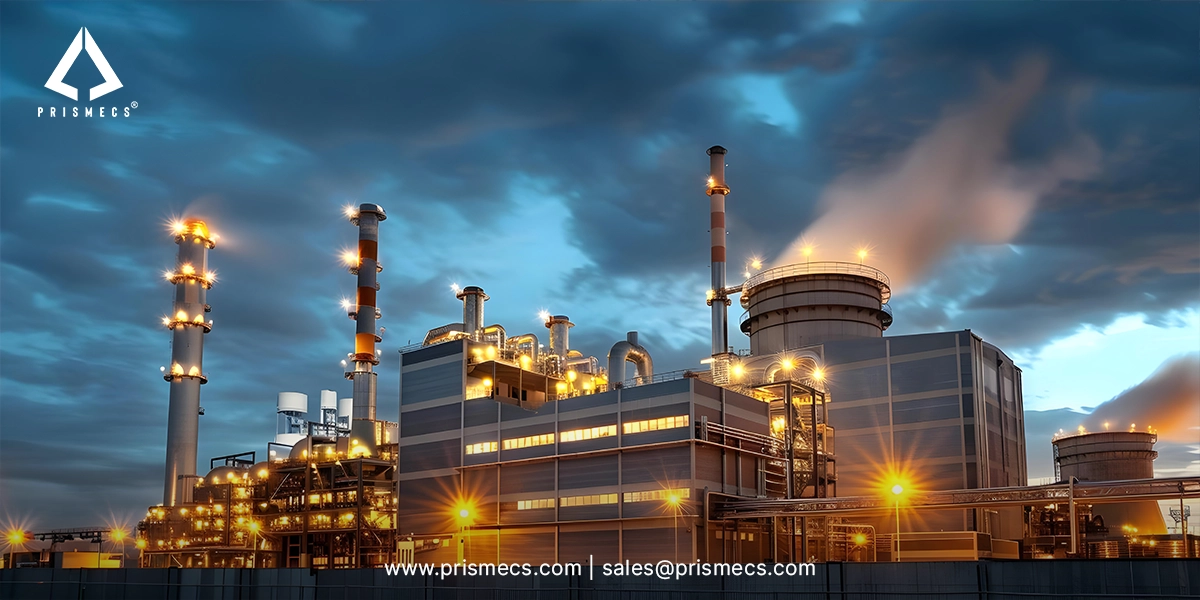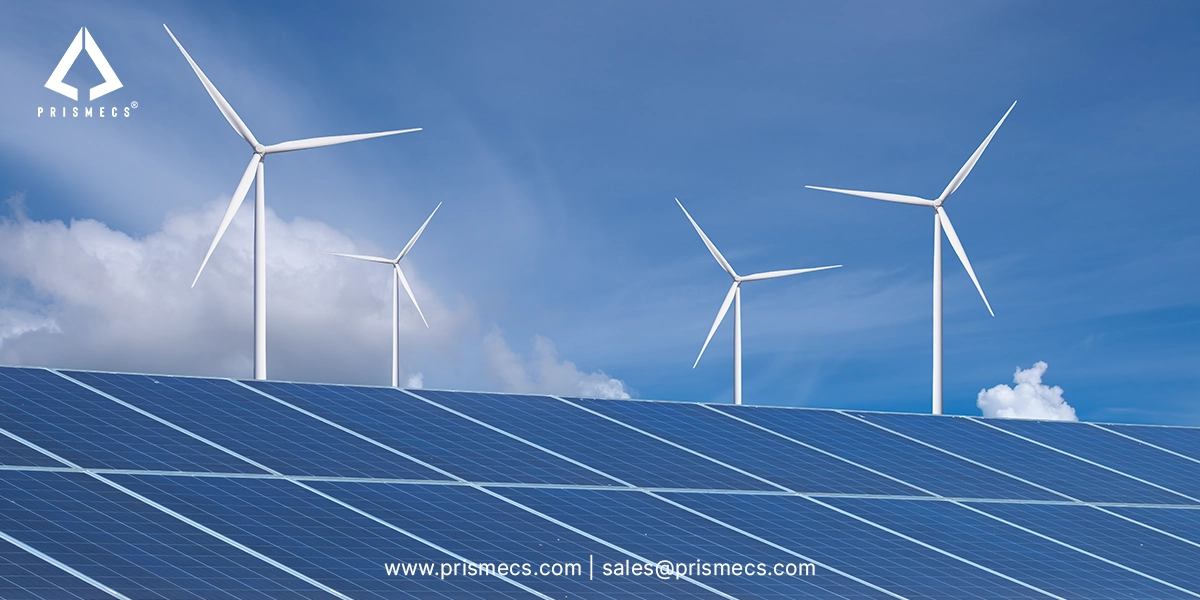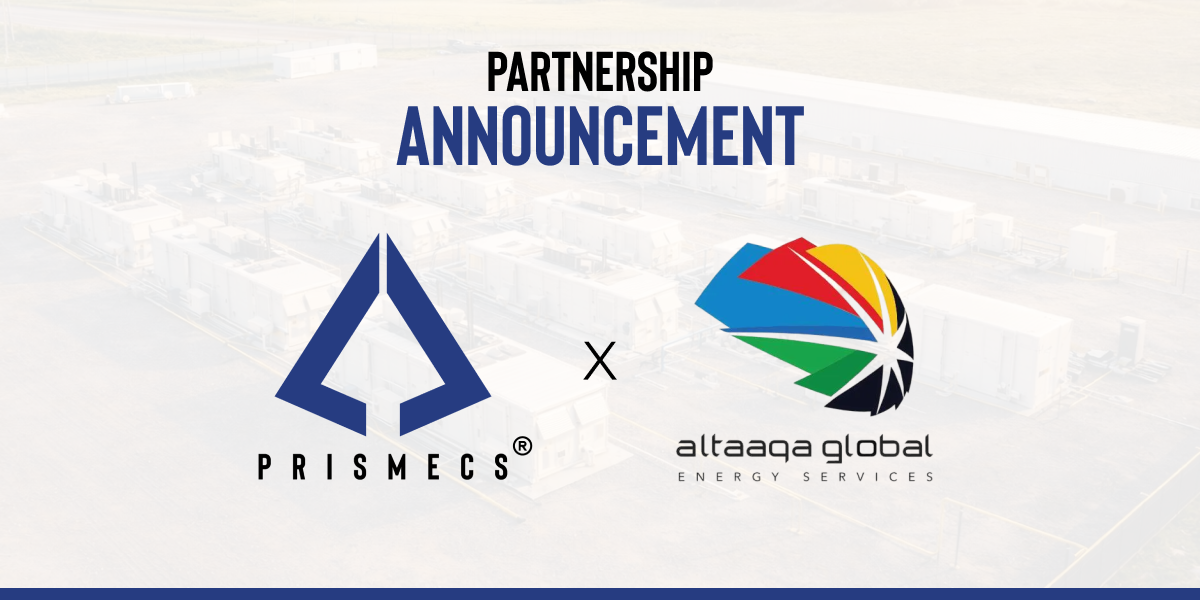
Wind energy has become a core component of utility-scale power generation strategies worldwide. Governments, independent power producers (IPPs), and industrial energy operators are deploying wind turbine systems to increase generation capacity, stabilize long-term electricity costs, and reduce exposure to fuel price volatility.
The capital cost of a wind turbine is one of the most critical variables in power project planning. It directly influences project feasibility, financing structure, return on investment, and long-term operational performance. Understanding these cost structures enables asset owners and energy developers to make informed decisions about technology selection, site development, and lifecycle management, supported by our Equipment Inventory of wind turbines and related assets.
As global electricity demand rises and grids integrate more renewable capacity, wind turbines continue to play a central role in delivering scalable, reliable, and cost-efficient power generation across utility, industrial, and government sectors.
Role of Wind Turbines in Utility-Scale Power Generation
Wind turbines are critical infrastructure assets within modern power generation portfolios. They convert kinetic wind energy into utility-grade electrical power capable of supporting national grids, industrial operations, and distributed energy systems.
For utilities and industrial operators, wind turbines offer several strategic advantages:
• Long-term cost stability without fuel dependency
• Scalable capacity ranging from a few megawatts to multi-gigawatt installations
• Integration with grid modernization and energy storage systems
• Reduced operational risk compared to fuel-based generation
In utility-scale deployments, turbine performance, reliability, and lifecycle maintenance planning are essential factors that directly impact plant availability, generation output, and overall asset value.
As a result, wind turbine investment decisions are driven not only by equipment cost but also by engineering quality, installation expertise, and long-term operational support.
Factors That Affect Wind Turbine Costs
The cost of installing a wind system depends on the turbine’s size and capacity. Location and local wind conditions also affect the overall cost of the system. Wind energy projects can vary significantly in cost, but technological advancements drive prices down, making them increasingly competitive with traditional energy sources.
The size of the turbine and the wind resource at a given site are critical cost factors. A larger system can produce more electricity, but requires more investment.
Factor | Description |
Turbine Size | Larger turbines are more expensive but generate more power |
Location | Wind speed, land cost, and access affect installation |
Tower Height | Taller towers cost more but access stronger winds |
Site Preparation | Soil quality, permits, and roads can increase costs |
Grid Connectivity | Proximity to grid lowers transmission costs |
Turbine Size and Capacity
Wind turbines come in various sizes. Small turbines produce a few hundred kilowatts, while large systems generate several megawatts. Larger turbines generally have higher upfront costs but offer greater electricity generation and better energy production efficiency over their lifetime.
Tower Height and Foundation
The tower's height required to capture optimal wind resources at a specific location affects the cost. Tall towers require stronger foundations, raising energy costs because of construction complexity. In some cases, the price varies depending on soil conditions and structural requirements.
Location and Site Conditions
The site where the wind turbine will be installed plays a significant role in determining costs. Accessibility, distance to transmission lines, terrain, and environmental permits can impact the total investment. Working with a professional installer ensures they properly assess site conditions to minimize unexpected costs.
Turbine Technology and Design
Advancements in wind turbine technology have improved efficiency and lowered maintenance costs. However, cutting-edge technologies may have a higher initial price tag.
The design choice affects the electricity generated and long-term energy costs. This is particularly relevant for utility-scale and distributed energy projects operating in remote industrial zones, island grids, mining operations, and regions with limited grid infrastructure. In these environments, turbine reliability, transport logistics, installation engineering, and long-term serviceability significantly influence total project cost and operational continuity.
Read More: Top 10 Maintenance Tips for Wind Turbine Spare Parts
Is Wind Energy a Smart Investment in 2026?
If you're curious about the cost of wind turbines in 2026, this guide offers insights into market trends and current pricing.
Investment Factor | Evaluation |
ROI (Return on Investment) | Generally high in windy regions |
Payback Period | 5–10 years depending on size/location |
Incentives Available | Tax credits, rebates, feed-in tariffs |
Market Demand | Growing demand for clean energy |
Current Wind Turbine Costs in 2026
Calculating the simple cost of a wind turbine is far from straightforward. Current estimates place the cost of an offshore turbine at approximately $1.5 million per megawatt (MW) of power produced. This means a 10MW wind turbine would have a price tag of around $15 million.
What Affects Wind Turbine Pricing in 2026?
As of 2026, the cost of wind turbines has become increasingly competitive. Technological advancements have significantly reduced costs, and economies of scale have further improved pricing. A thriving industry has also contributed to cost competitiveness.
The average electricity-producing capacity costs $1.3 million per megawatt (MW). Most commercial wind turbines have a generation capacity of 2-3 MW, but offshore turbines can be as large as 16-18 MW.
Onshore vs Offshore Wind Turbine Costs
These figures can vary depending on several factors. Wind speed, installation type, and location affect them.
- Onshore wind farms: $1.5 million to $2.5 million per MW
- Offshore wind farms: $3 million to $5 million per MW
Offshore projects typically involve larger turbines and face challenges like rough sea conditions and advanced power grid integration.
Feature | Onshore Wind | Offshore Wind |
Installation Cost | Lower | Higher |
Maintenance | Easier | Complex due to sea access |
Turbine Size | Up to 5 MW | Up to 18 MW |
Energy Yield | Moderate | High due to steady winds |
Trends Driving Down Wind Turbine Costs
The steady decrease in the cost of wind turbines over the past decade is worth mentioning. Key drivers include:
- Advancements in turbine technology
- Better manufacturing practices
- Increased industry competition
According to the Energy Information Administration (EIA), these factors have made wind power a more viable and affordable investment.
Return on Investment (ROI) and Financial Incentives
The upfront cost of wind turbines may seem substantial. However, they offer long-term benefits. These benefits lead to a favorable return on investment. Wind power provides a predictable, stable, clean energy source.
It reduces reliance on fluctuating fuel prices. It also mitigates the risks associated with fossil fuel-based electricity systems.
Financial Support for Clean Energy Projects
Nations and energy regulators worldwide provide financial incentives, including tax credits, grants, and feed-in tariffs. These incentives encourage the adoption of renewable energy, such as wind and solar photovoltaics.
These incentives can significantly enhance the economic viability of wind turbine projects and accelerate the payback period, especially when combined with expert support from Prismecs’ Financing Solutions for renewable energy projects. Modern wind turbines are energy efficient.
Wind turbines generate more energy per unit cost, which is especially beneficial in remote areas. People need wind turbines to pump water or power electricity systems.
Why Utility-Scale Wind Turbines Remain a Strategic Investment in 2026 and Beyond
Utility-scale wind turbines continue to represent one of the most financially viable investments in new power generation capacity. Declining equipment costs, improved turbine efficiency, and advanced engineering practices have significantly enhanced project economics.
For utilities, governments, and independent power producers, wind projects provide:
• Predictable long-term generation costs
• Reduced exposure to fuel supply risks
• Strong return on investment over 20- to 30-year operating lifecycles
• Eligibility for regulatory incentives and energy transition programs
As grid operators modernize infrastructure and expand generation capacity, wind energy remains a cornerstone technology for delivering reliable, scalable, and economically sustainable power.
Partner with Prismecs for Reliable Wind Turbine Services
Partner with Prismecs for reliable wind turbine services. Prismecs delivers world-class operations with top-notch services for setting up and installing durable, cost-effective wind turbines. To avail of our services, call us at +1 (888) 774-7632 or email us at sales@prismecs.com.
Tags: wind farm CAPEX utility-scale wind projects renewable energy infrastructure turbine installation cost distributed energy solutions
recent posts

Power Generation
10 minutes read
How to Maximize Uptime in Power Generation Plants
Discover how Prismecs power plant maintenance helps operators prevent outages, protect revenue, and keep turbines running at peak performance. Learn h...

Renewables
8 minutes read
Opportunities in Renewable Energy Development
Explore Renewable Energy Development strategies focused on grid stability, faster deployment, and resilient power systems with Prismecs. Plan your nex...

Press Release
2 minutes read
Altaaqa Global & Prismecs Form Strategic Cooperation to Accelerate Modular Power Deployment Across USA
Prismecs and Altaaqa Global Announce Strategic Cooperation to Accelerate Modular Power Deployment in the United States Houston, TX & Dubai, UAE – Febr...

Procurement
9 minutes read
Complete Guide to Industrial Procurement Services
Explore Industrial Procurement Services for power and oil & gas projects. Cut delays, secure critical equipment, and build resilient supply chains wit...